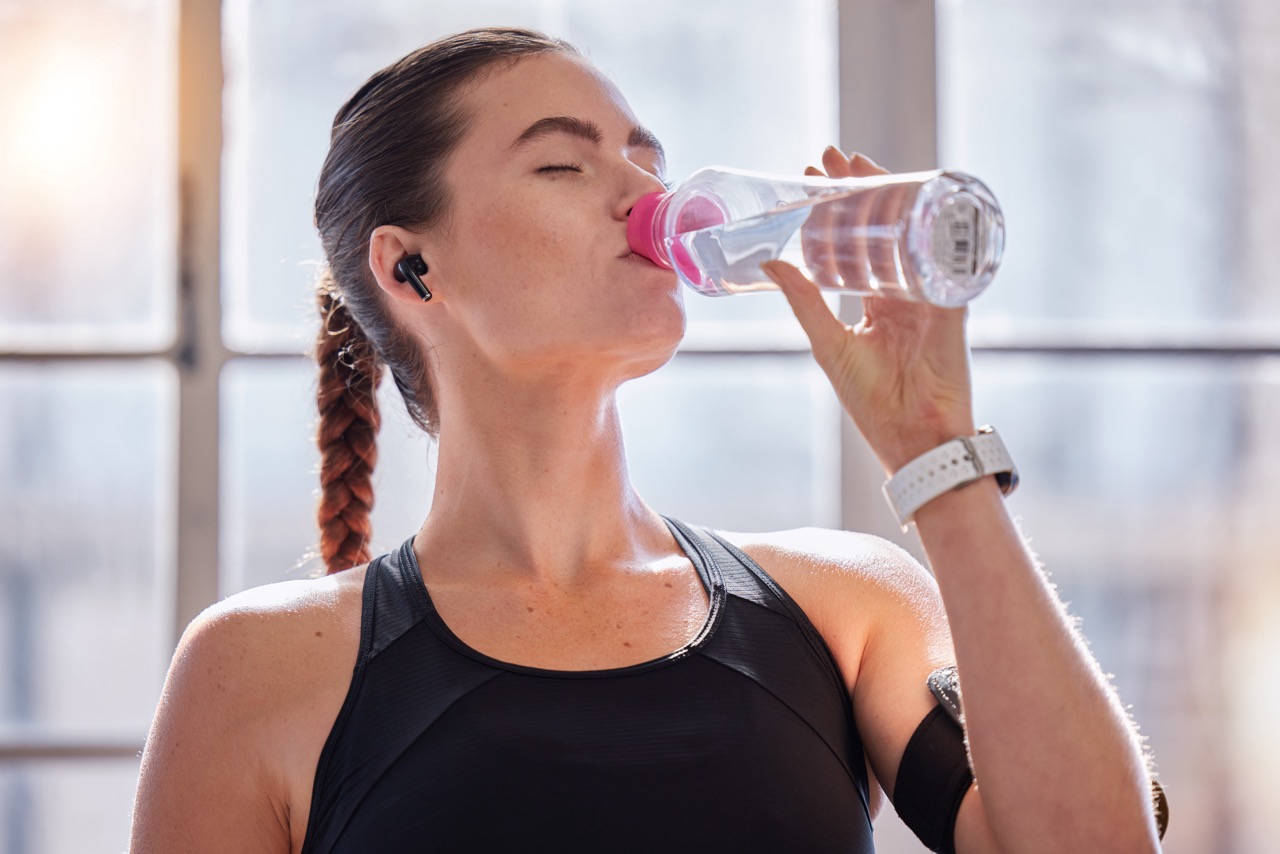We all crave that radiant, dewy complexion that speaks of health and vitality. But achieving that coveted glow goes beyond expensive creams and serums. It starts with understanding your skin’s fundamental need: hydration.
Hydrated skin isn’t just about aesthetics; it’s about maintaining a healthy skin barrier that effectively protects against environmental aggressors, prevents premature aging, and promotes overall skin health. This comprehensive guide dives deep into the science of skin hydration, offering practical tips and lifestyle changes to help you achieve a complexion that truly glows from within.
Understanding Skin Hydration
Before we delve into the how-to, let’s grasp the why. Our skin, the body’s largest organ, is composed of layers, with the outermost layer, the stratum corneum, playing a crucial role in hydration. This layer acts as a barrier, preventing moisture loss and protecting against external threats.
Key players in skin hydration:
- Natural Moisturizing Factors (NMFs): These are compounds naturally present in the skin that attract and retain moisture. Think of them as tiny humectants working tirelessly to keep your skin plump and hydrated.
- Lipids: These fatty substances form a protective barrier, preventing water loss and maintaining skin’s integrity.
- Hyaluronic Acid: This superstar humectant can hold up to 1000 times its weight in water, drawing moisture from the environment and locking it into the skin.
When these components are in balance, your skin thrives. However, various factors can disrupt this delicate equilibrium, leading to dehydration.
Culprits Behind Dehydrated Skin
- Environmental Factors: Dry air, harsh weather conditions (extreme cold or heat), and sun exposure can deplete skin’s moisture reserves.
- Lifestyle Choices: Hot showers, excessive use of air conditioning, and even certain medications can contribute to dehydration.
- Skincare Routine: Using harsh cleansers, over-exfoliating, or neglecting moisturizers can disrupt the skin’s natural barrier.
- Diet: Inadequate water intake and a diet lacking in essential fatty acids can affect skin health.
- Aging: As we age, our skin’s natural ability to retain moisture declines.
Recognizing the Signs of Dehydration
Thirsty skin sends out signals, and it’s crucial to recognize them early on:
- Tightness: That feeling of your skin “shrinking” after cleansing is a telltale sign.
- Dullness: Dehydrated skin lacks radiance and appears lackluster.
- Flaky or Rough Texture: Dry patches and a rough texture indicate a compromised skin barrier.
- Increased Sensitivity: Dehydrated skin is more prone to irritation and inflammation.
- Fine lines and Wrinkles: While wrinkles are a natural part of aging, dehydration can accentuate their appearance.
Quenching Your Skin’s Thirst: A Multi-pronged Approach
Hydrating your skin requires a holistic approach that combines internal and external care. Here’s a breakdown of effective strategies:
1. Internal Hydration: The Foundation
- Drink Up: The golden rule of hydration starts from within. Aim for at least 8 glasses of water a day, and increase your intake during hot weather or after exercise.
- Nourishing Diet: Incorporate foods rich in essential fatty acids (omega-3s and omega-6s) like avocados, fatty fish, and nuts. These healthy fats support skin’s barrier function and lock in moisture.
- Hydrating Foods: Load up on fruits and vegetables with high water content, such as watermelon, cucumber, and spinach. These contribute to your overall hydration and provide essential vitamins and antioxidants.
2. External Hydration: Building a Protective Barrier
- Gentle Cleansing: Opt for mild, sulfate-free cleansers that don’t strip your skin of its natural oils. Avoid hot water, as it can further dehydrate the skin.
- Strategic Exfoliation: While exfoliation is essential for removing dead skin cells, overdoing it can damage the skin barrier. Limit exfoliation to 1-2 times a week and choose gentle exfoliants.
- The Power of Humectants: Incorporate humectants like hyaluronic acid and glycerin into your skincare routine. These ingredients attract and bind moisture to the skin, keeping it plump and hydrated.
- Lock it in with Emollients: Emollients, such as shea butter and ceramides, help repair the skin barrier and prevent moisture loss. Apply them after humectants to seal in hydration.
- Occlusives for Intense Hydration: For extremely dry or compromised skin, consider using occlusives like petroleum jelly or mineral oil. These create a protective barrier on the skin’s surface, preventing water evaporation.
- Targeted Treatments: For specific concerns like dry under-eyes or chapped lips, use targeted treatments with hydrating ingredients. Eye creams with hyaluronic acid and lip balms with shea butter can provide intense hydration.
3. Lifestyle Habits for Healthy Skin
- Humidifier: Combat dry indoor air, especially during winter, by using a humidifier. This adds moisture to the air, preventing your skin from drying out.
- Shower Smart: Opt for lukewarm showers instead of hot ones, and limit your shower time to minimize moisture loss.
- Sun Protection: UV rays can damage the skin and contribute to dehydration. Apply a broad-spectrum sunscreen with an SPF of 30 or higher daily, even on cloudy days.
- Beauty Sleep: During sleep, our skin repairs and regenerates. Aim for 7-8 hours of quality sleep to support skin health.
- Stress Management: Chronic stress can manifest on your skin. Practice stress-reducing techniques like yoga, meditation, or spending time in nature.
4. Tailoring Hydration to Your Skin Type
While the principles of hydration apply to everyone, specific needs vary depending on your skin type:
- Dry Skin: Focus on rich emollients and occlusives to replenish lost moisture and strengthen the skin barrier.
- Oily Skin: Don’t shy away from hydration! Opt for lightweight, oil-free moisturizers and serums with humectants.
- Sensitive Skin: Choose fragrance-free and hypoallergenic products to avoid irritation. Look for calming ingredients like aloe vera and chamomile.
- Mature Skin: Prioritize ingredients that boost collagen production and improve skin elasticity, such as retinol and peptides, alongside hydrating agents.
5. Seeking Professional Guidance
If you’re struggling with persistent dryness or skin concerns, consult a dermatologist. They can assess your skin’s specific needs and recommend personalized treatments or skincare products.
Hydration: A Journey, Not a Destination
Achieving and maintaining hydrated skin is an ongoing process that requires consistent effort and a holistic approach. By understanding your skin's needs, adopting healthy habits, and choosing the right skincare products, you can unlock your skin's natural radiance and enjoy a complexion that's healthy, supple, and glowing. Remember, hydrated skin is happy skin!




